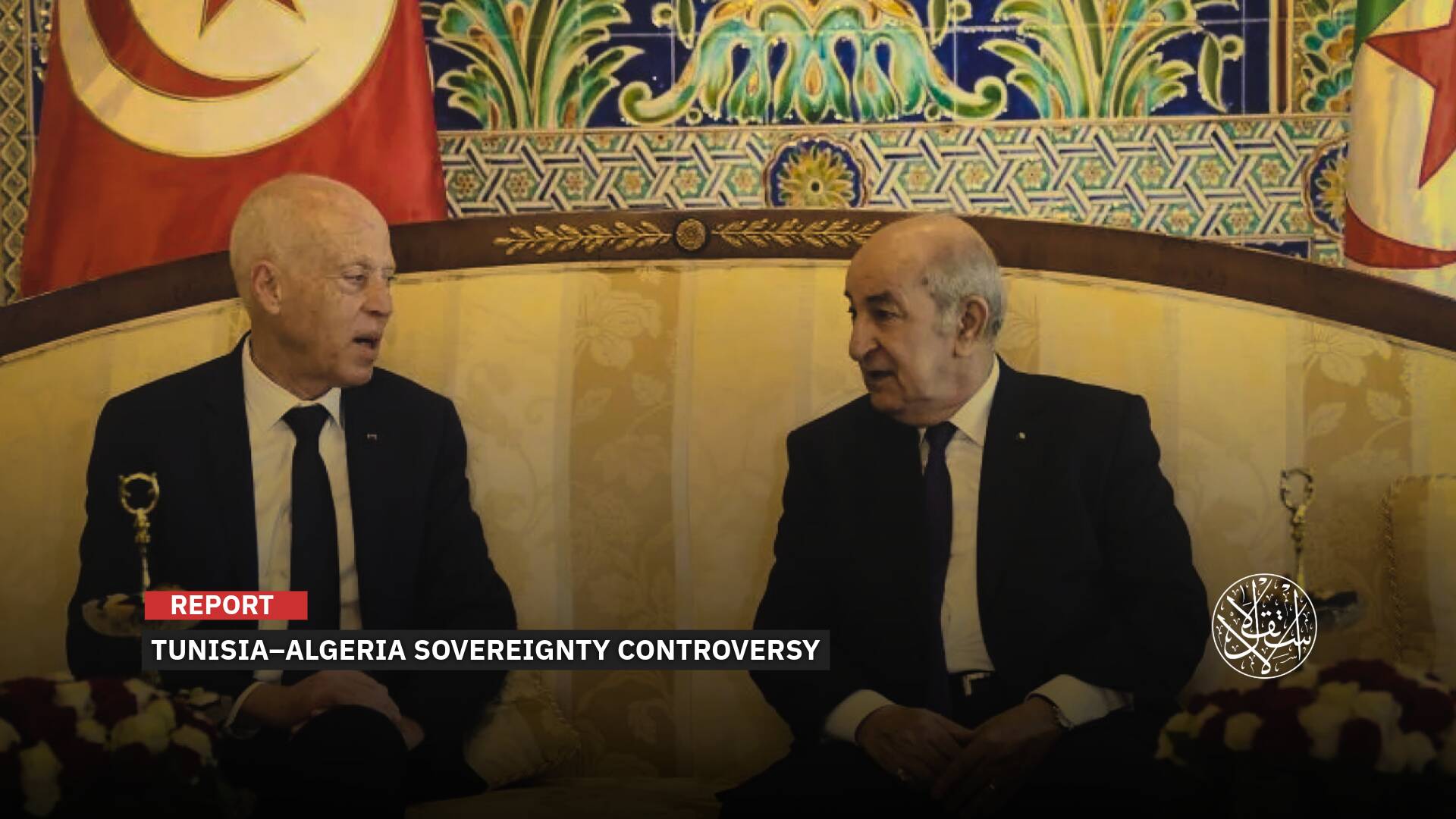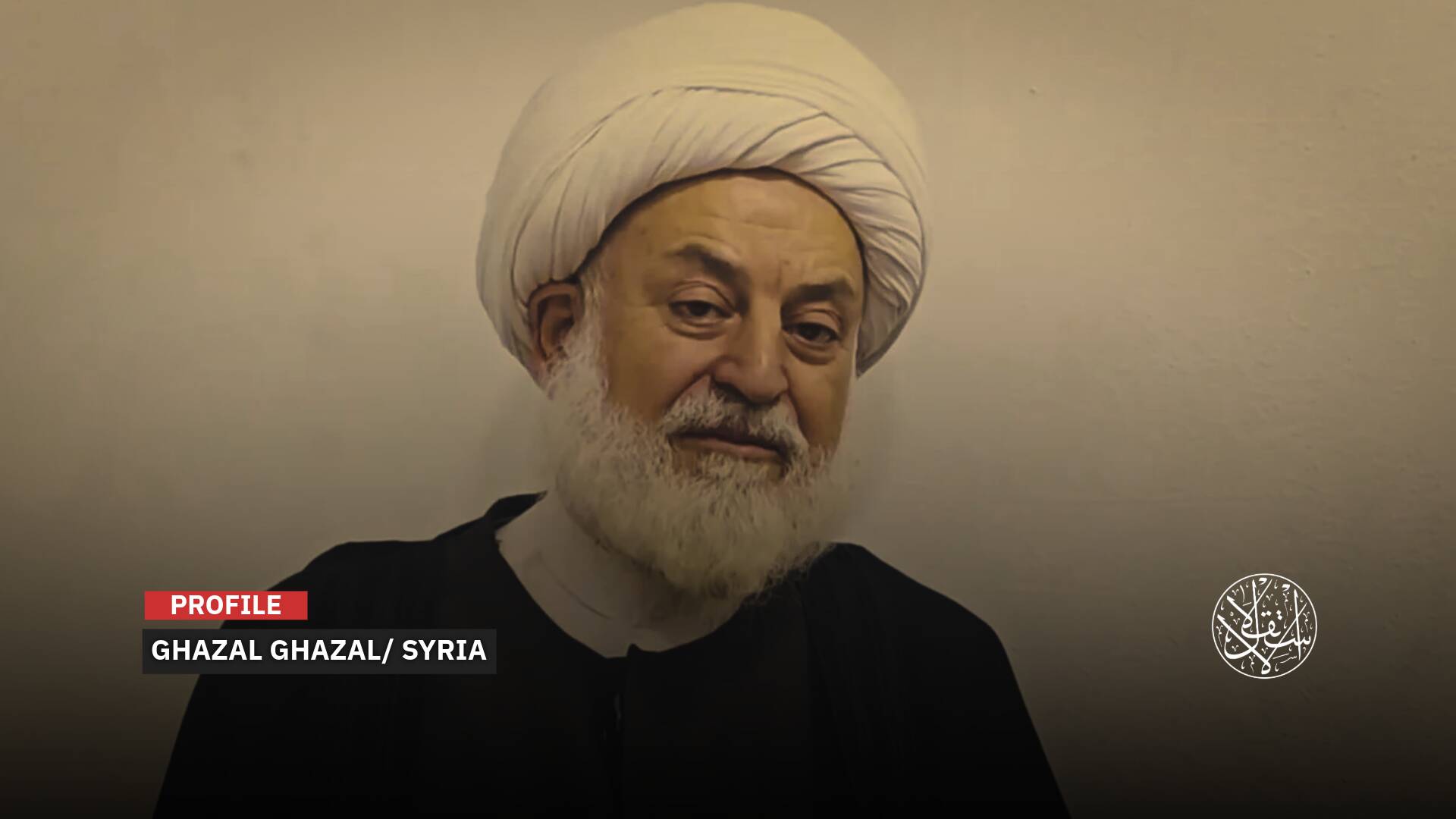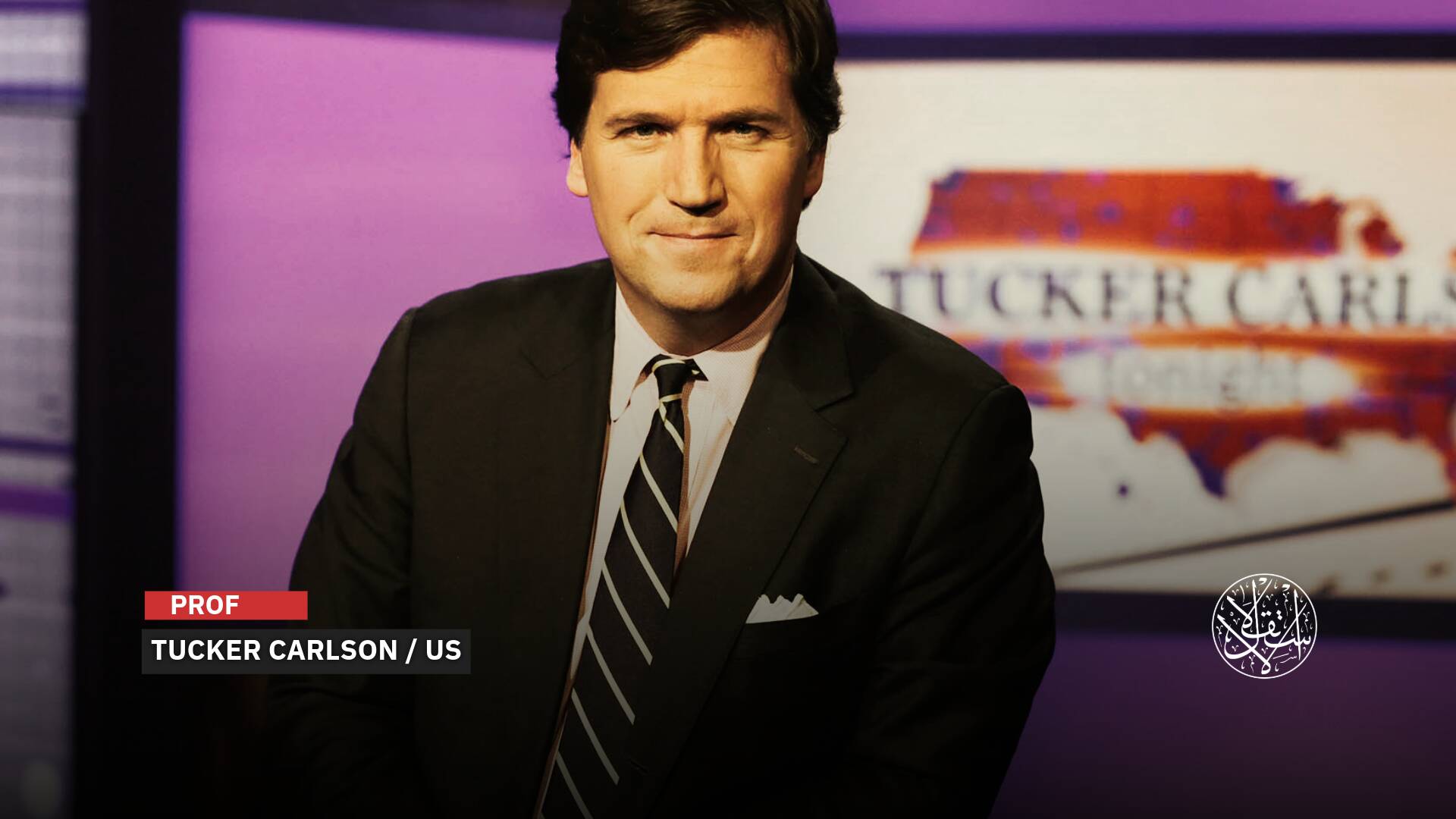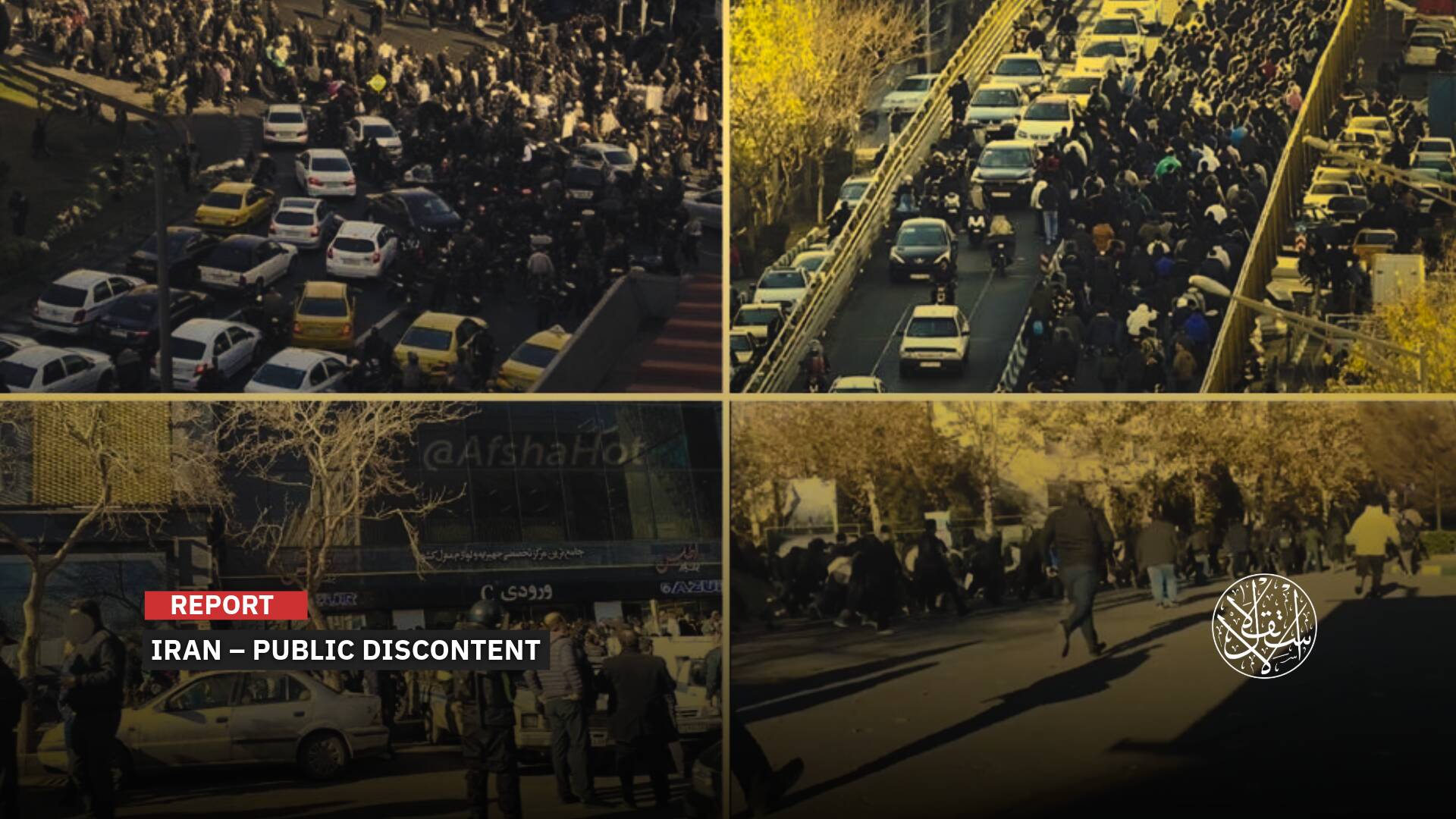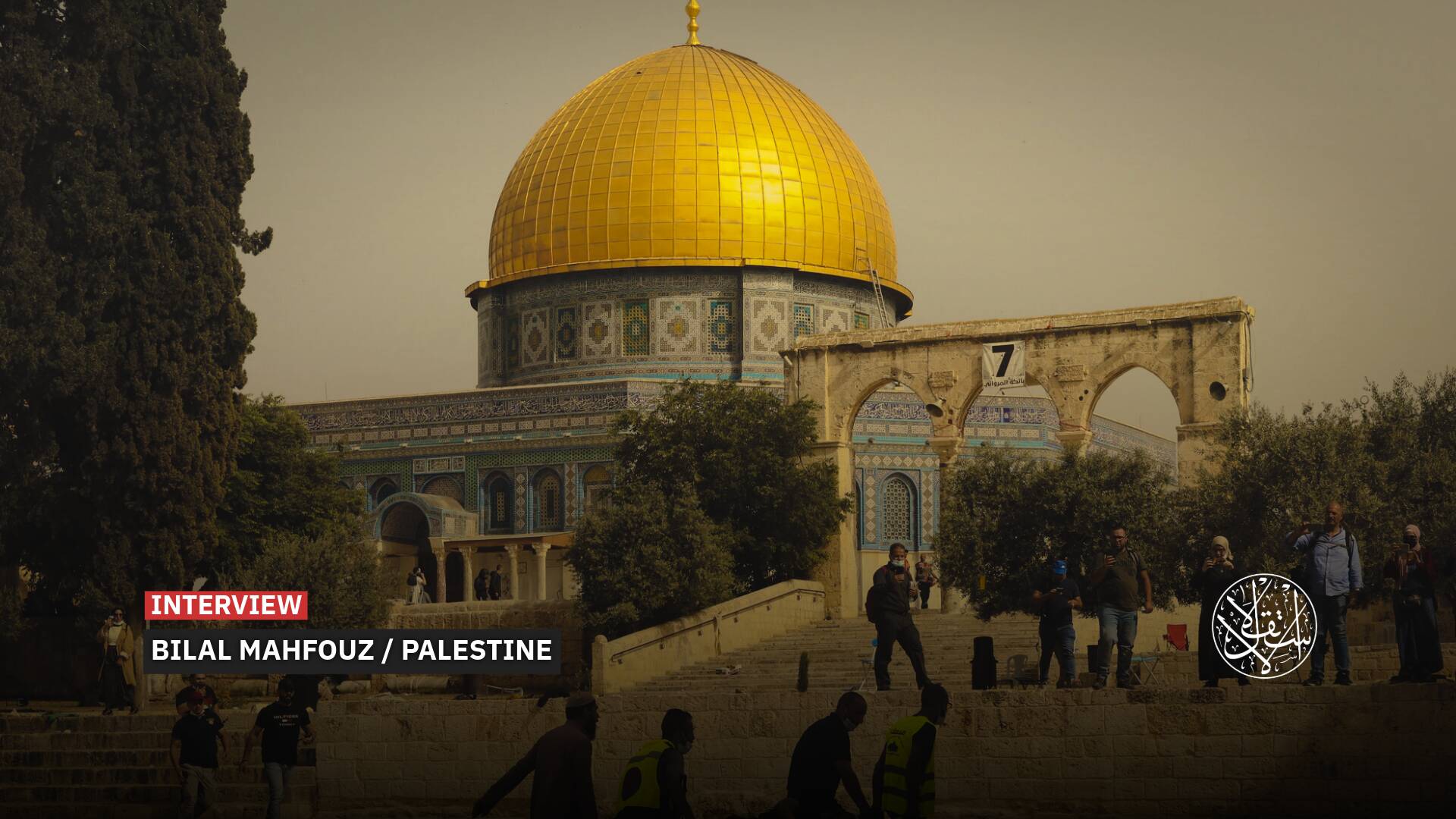Khalifa Haftar, the Libyan Commander Who Is Close to CIA and Supported by the Counter-Revolution Forces

After a crippling rout on the battlefield and with his support waning at home and abroad, the Libyans became certain about the failure of the renegade military commander Khalifa Haftar to overthrow the legitimate government in the capital, Tripoli, despite the unlimited support he previously gained from the UAE, Egypt, Saudi Arabia, Russia and France.
His relentless efforts to eliminate Institutions (parallel government and parliament), may push him to perpetuate the division of Libya and establish a military rule in the east, especially since he is keen to reproduce a dictatorial rule in the footsteps of Muammar Gaddafi.
Gaddafi’s Friend and Enemy
Khalifa Belkasim Haftar was born in 1943 in Ajdabiya, where he grew up and achieved his primary and high school studies. He studied secondary school at Derna Secondary School and joined the Royal Military College in Benghazi on September 16, 1964, then graduated in 1966 and was appointed to the artillery corps.
When Haftar was accepted into the Royal Military College, he found Muammar Gaddafi in the same college. During this period they were listening together to the Egyptian leader Gamal Abdel Nasser. Influenced by his ideas, they developed several critics over the monarchy.
This knowledge made them exchange ideas about what is happening in Libya and thus how to change the Libyan reality, which led him to participate with Muammar Gaddafi in a coup against King Idris al-Senussi with a group of officers in 1969 in what is known as the Free Officers Revolution
Haftar was one of the army leaders during the rule of Muammar Gaddafi, and he was appointed commander of the Libyan army in northern Chad until he was defeated in the Battle of Wadi al-Dum on March 22, 1987, and captured with a number of officers and hundreds of Libyan soldiers, during the Chadian-Libyan conflict.
When Muammar Gaddafi repudiated him and denied that he was an officer in the Libyan army, Haftar inside Chad’s prisons began to move away from the Gaddafi regime. In late 1987 with a group of officers he decided to join the ranks of the opposition National Front for the Salvation of Libya. On June 21, 1988, they announced the establishment of the Libyan National Army as its military wing under the leadership of Haftar, a Chad-based opposition group that was planning to overthrow Gaddafi with US support.
His Relationship with “CIA”
Haftar was accused of having intelligence links with the US "CIA". A book issued by the French newspaper "Le Monde Diplomatique", entitled Exploitation of Africans in 2001, indicated that Haftar's forces were created and funded by the "CIA" and the US Central Intelligence Agency in Chad. This military force with its hundred members disappeared with the help of the "CIA", after the overthrow of the Chadian government at the time.
The book also indicates in a research report issued by the US Congress in December 1996, that the US government was funding and training the National Critics Front, which formed the opposition to Gaddafi, where Haftar became involved in 1988 after his split from the Muammar Gaddafi regime, and that its members were re-housed in the USA.
Haftar became a resident in the suburbs of Virginia near the headquarters of the CIA in Langley. The retired general lived for two decades in the United States after obtaining his nationality, and enjoyed a good standard of living in a quiet neighborhood near a famous golf course. Yet, no one knows how he made his money, including his and his children's ownership of at least 17 properties in Virginia with a total value of at least 8 million dollars.
Recently, the relationship of Haftar with the United States may be described by some as faint due to Haftar’s close ties with Moscow, which strongly supports him in his war against the legitimate government. However, it seems wise to take into account that Washington chose to distance itself from direct involvement in The Libyan conflict, to adopt instead the strategy of “leading from behind” by defending its interest without direct interference.

His Role Since the 17th February Revolution
After the February 17 revolution, retired Major General Khalifa Haftar returned from America to Libya, to participate in the military and political action to overthrow Gaddafi. For a short period, he took over the leadership of the Liberation Army, which was founded by the revolutionaries, which consisted mostly of volunteers and inexperienced youth. Later on, He led a failed coup against the Libyan government in February 2014, labeling it "Dignity Operation ", and launched many series of military operations.
Khalifa Haftar with his successive military coups, remains the most prominent military figure of the counter-revolution in Libya. He took control over the eastern region of the country with the help of regional powers, led by the countries of Egypt and the UAE, which provided him with all the necessary means of weapons, money, intelligence and media over the past years. Furthermore, in his coup attempts, Haftar used Russian mercenaries, the Sudanese Janjaweed, and the Chadian opposition forces that were deployed in southern Libya.
Haftar’s eastern-based forces battled for more than a year to seize the capital Tripoli in the west, but their defeat last June set the stage for the United Nations-backed peace talks, a unity government, and a nationwide election planned for December.

Suspicious Deals
Haftar's exploitation of public money went beyond the limits. At the beginning of 2016, the retired major general contracted, for an amount of 6 million dollars, with the Israeli intelligence services representative, Ari Ben Manashy, the owner of a public relations company in Canada, to whitewash his image in the world.
The report of the United Nations Panel of Experts on Libya revealed that at the end of 2017, the 106th Brigade led by Haftar’s son, took control of the Central Bank of Libya branch in the center of the country in the city of Benghazi, and transferred large amounts of money and silver to an unknown destination. The contents of the treasury confiscated by the battalion are estimated at 639 million and 975 thousand Libyan dinars, 159 million and 700 thousand euros, and one million and 900 thousand dollars, in addition to 5869 silver coins.
For its part, the French Noria Center for Research and Studies reported that Haftar manages the smuggling of migrants, oil smuggling and scrap export, in addition to expanding borrowing to obtain new sources of financing, noting that 45% of Haftar’s forces’ revenues come through the sale and export of scrap to wholesalers. As a private property, it is not known exactly the extent of the fortune of the retired Major General and his sons distributed over a number of countries. Yet, the extravagance of his sons (real estate cars and racing horses) and reports of money smuggling abroad, suggest that they are imaginary numbers.


